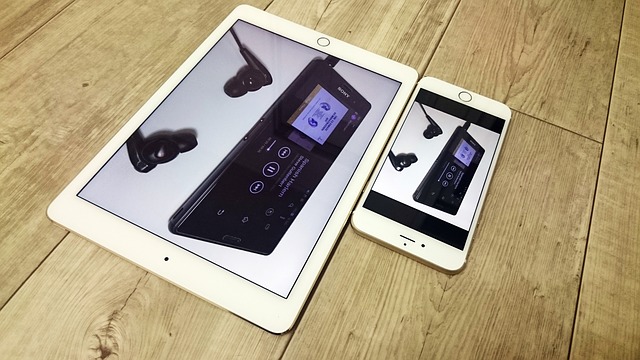iPad Air 3 rumor: New iPad to appear in first half of 2016 without 3D Touch?

Apple revolutionized the smart device wars when it applied pressure-sensitive displays, first on its Apple Watch (as Force Touch), and later on to its current iPhone iterations and the new iPad Pro as 3D Touch. Fans are expecting that the next tablet outing from the Cupertino-based company will also incorporate the new technology.
However, if recent reports prove to be true, then fans would be a little bit disappointed when iPad Air 3 launches.
According to 9to5Mac, a new set of predictions has been released by KGI Securities analyst Ming-Chi Kuo. Apparently, although Apple plans to release the new iPad Air 3 in the first half of 2016, the new tablet addition will not have the same features as the iPad Pro, primarily having a 3D Touch display.
However, instead of the absence of the feature being an Apple decision, the analyst said it was a forced factor on the "supply and release date" part. Apparently, since Apple is targeting a first quarter release for the new iPad, production issues with the supplier have forced the Cupertino-based company to do away with 3D Touch displays.
The industry follower quoted Kuo's report, saying, "We forecast that iPad Air 3 will opt not to feature 3D Touch because of production issues.While we think the 3D Touch supply chain produced more to avoid shortages in the early stages, slower end-product demand and improved back-end assembly yield have resulted in the current high inventory."
However, it seems that Apple plans to go with 3D Touch displays on the new iPad eventually, as subtly hinted in the report. Kuo added, "As 1Q16 demand looks to slow on seasonality and competition from other brands' new models, we believe 3D Touch supply chain capacity utilization is currently lower than peak level of 30%, and that will last through 1Q16."
While the statements were only predictions without any confirmation from Apple so far, some observers were taking stock of Kuo's report. Kuo has been known to provide insightful and precise predictions about Apple flagships in the past, particularly the company's triple iterations for the iPhone 5.











